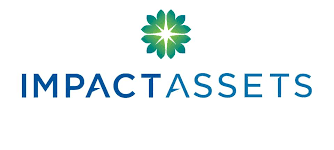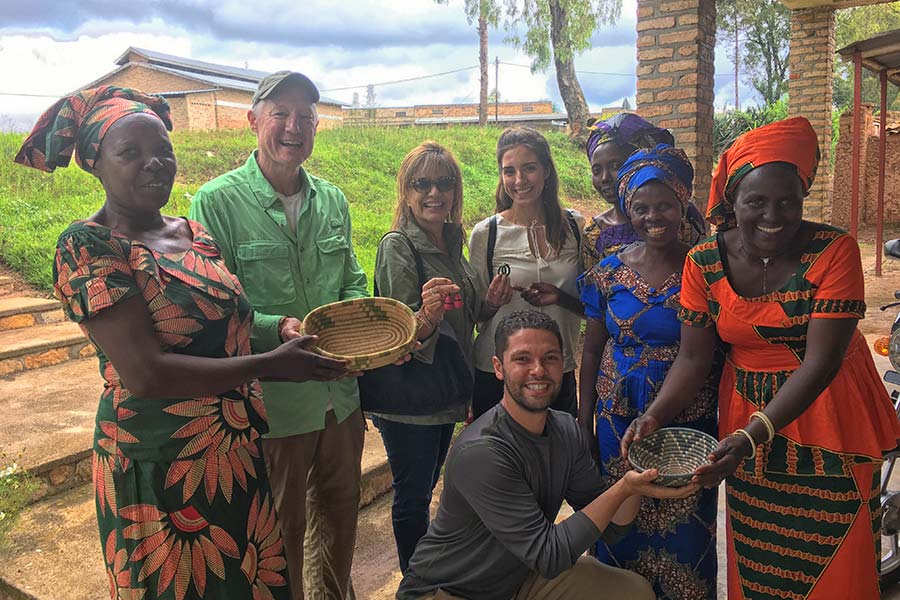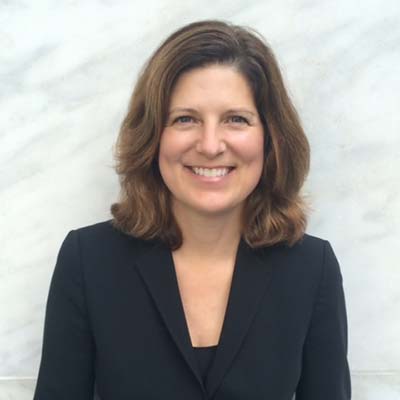 “How do we build bridges between talent and opportunity?”
“How do we build bridges between talent and opportunity?”
It’s a question rhetorically asked and answered by impact investor Ron Cordes, founder of financial powerhouse AssetMark Investment Services, and central to his “second act” career mission, one with the ultimate goal of leveraging capital markets to help solve large-scale societal and environmental challenges.
“I had some real trepidation about striking out and reinventing myself, but I was pretty good at building investment capacity over 25 years, and it was very transportable to this new role,” he explains. “I could apply all of those skills, context and experience in ways that could significantly move the needle on issue areas important to me.”
Those skill sets, which led to overwhelming success with AssetMark before its sale in 2006, are finding their equal when transferred to impact investing, as well the numerous foundations, grants and—yes—businesses of which he and his wife Marty are a part of. They’re building the aforementioned bridge of which he speaks.
With investments in 50 countries located in every part of the globe, Cordes has made trips to the world’s poorest, including Kenya, Rwanda and Uganda, as well as (closer to home) Haiti, in order to make responsible investments using capital market fundamentals that aim for solid financial returns. It’s a win-win for all involved, and far more sustainable than charitable-based strategies of the past.
It’s also something that’s gaining more and more interest from high-net-worth investors and entrepreneurs, giving a new and exciting spin to the concept of “leaving a legacy.” They’re leveraging the aforementioned entrepreneurial skills that have taken years, often decades, to develop in order to do well by doing good.
“What’s important is that it’s not so much about reinventing yourself as it is re-pivoting from one place to another,” he says. “For me, that re-pivot was in the investment world, and impact investing became a natural vehicle for me. You might not appreciate how many of your skills can be applied when addressing and ultimately solving whatever problems you’re passionate about.”
One critical ingredient to impact investing success—humility—isn’t endemic to high-net-worth entrepreneurs, especially type-A personalities used to shouldering heavy burdens and leading large organizations.

Recognizing it, Cordes developed the following equation: Humility plus Empathy equals Impact, or H+E=I. It’s something he learned firsthand during a trip to Africa in 2007.
“On the first day, we had our clipboards and were looking at some of the projects and feeling like we knew all the answers,” he recalls. “We were there, we had the resources, and we had experience. By the second day we realized that not only did we not know the answers, but we were actually struggling to ask the right questions.”
It led to a heavy dose of the second ingredient—empathy—and “acting as a resource for the people that we serve, as opposed to a savior. They’re capable of being architects of their own solutions; they just need some help and resources from us.”
It involved traveling to countries like El Salvador, the Philippines and Nicaragua to speak with and (more importantly) listen to the people they serve.
“We would literally ask where we could find the most economically disadvantaged populations, and then figure out what they believe they need. What are the solutions they’re looking for, and how can we help them be architects of those solutions?”
This combination, humility and empathy, resulted in far greater success than any seen to that point. Rather than colonial, patronizing Americans that offered a pat on the head and a condescending “poor you” attitude, Cordes and his group “removed the Superman capes to become true partners in economic development and investment.”
Which is all well and good, but how is that success measured?
“Impact’s measurement is a field unto itself,” he concedes, but one that “has come a long way over the last 10 years.”
While noting it’s “imprecise and still has a long way to go” it can involve the number of jobs created, the level of those jobs, the amount of capital flowing to local entrepreneurs and how it’s utilized.
“Sometimes the impact is not necessarily quantifiable,” he concludes. “The best way to experience it is to actually get out and meet the people that you’re trying to impact to determine for yourself, through conversations within in their communities, if what you’re doing is working.”




































